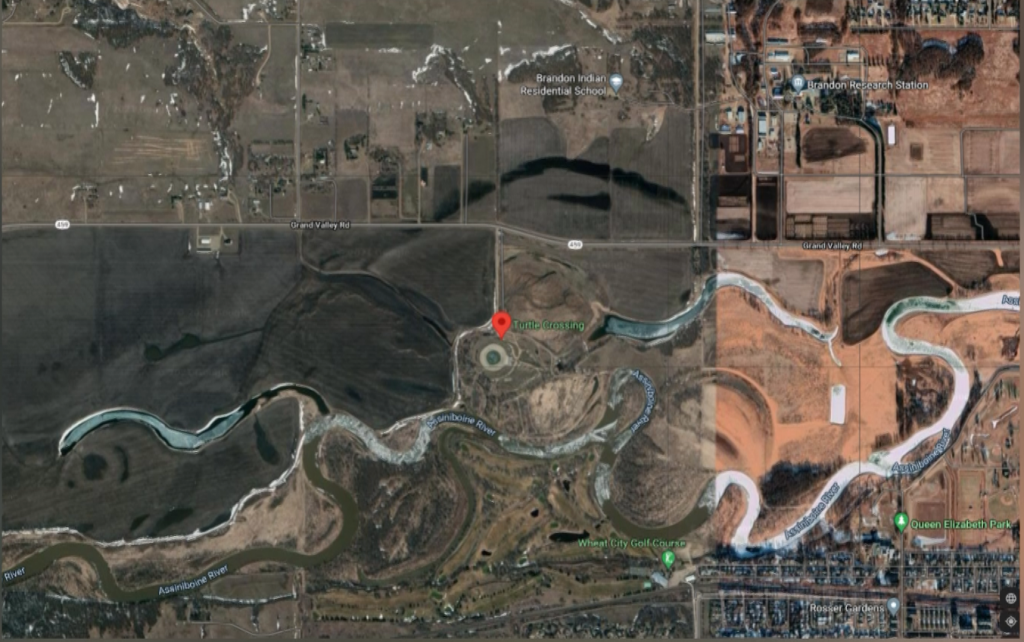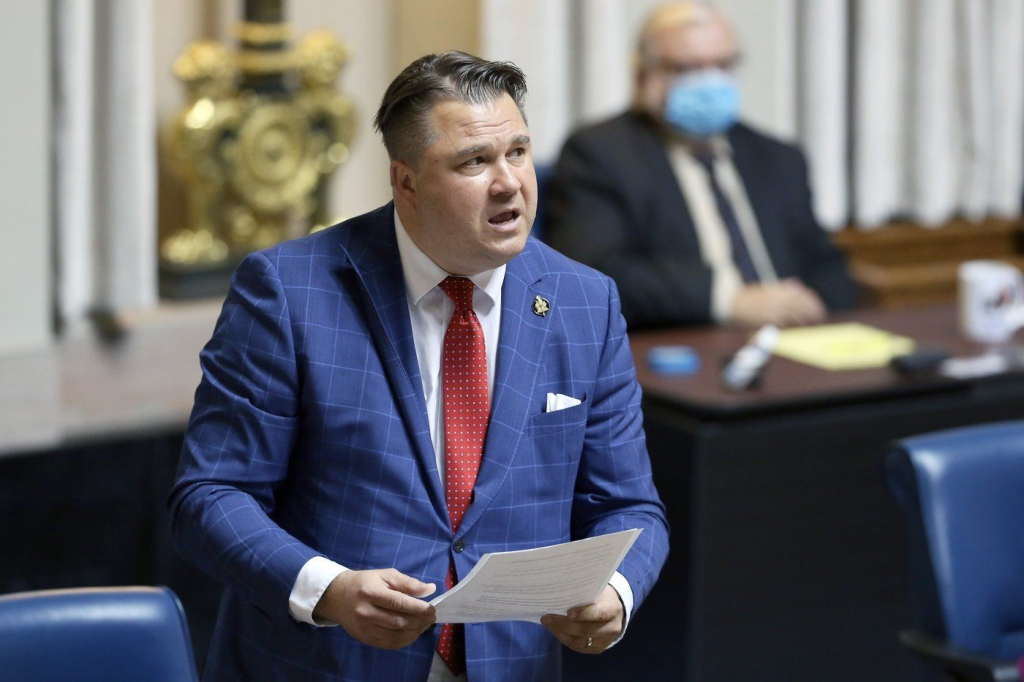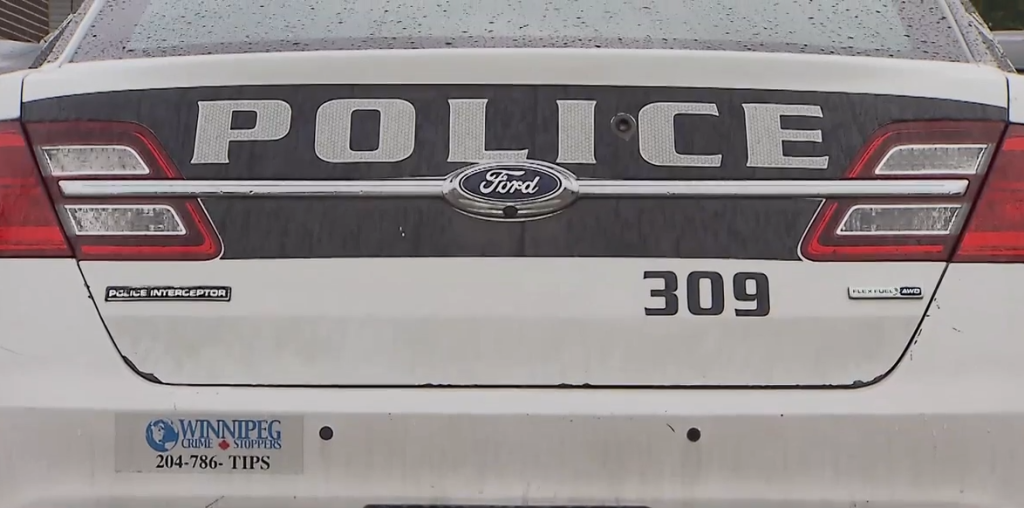RV campground on former Manitoba residential school graveyard is degrading: family member of deceased

Posted June 2, 2021 4:44 pm.
Last Updated June 2, 2021 7:04 pm.
WINNIPEG (CityNews) — A Winnipeg woman whose family members died attending a residential school in Manitoba is speaking out.
Jennifer Rattray says her aunt and uncle are among the bodies of children buried in unmarked graves near a former residential school site in Brandon, Man., that is now an RV park and campground.
“So right now, vacationing families can park their RVs essentially on the graves of my ancestors,” Rattray said.
“The indignity of having a campground in Brandon on my ancestors’ grave — even in death these children who were stolen from their family, and taken away, and never came home, even in death they are not at rest.”
Rattray believes it’s an example of erasure, a way governments and churches try to distance themselves and erase what happened to more than 150,000 children over 100 years at residential schools.
She is among many who say the grave sites, like the one discovered in Kamloops, B.C., this month, are something First Nations families have known about for decades and in many cases were not believed.
RELATED: Survivor of B.C. residential school breaking silence and calling for action
RELATED: Indigenous communities to get access to funding for residential school site searches
In a joint statement, the National Centre for Truth and Reconciliation (NCTR) and the University of British Columbia’s Indian Residential School History and Dialogue Centre say the Indigenous casualties are in the thousands.
“The NCTR has so far documented 4,117 deaths of First Nations, Inuit and Metis children in residential schools across Canada,” reads the statement. “Former Truth and Reconciliation Commissioner Murray Sinclair has estimated that 6,000 or more Indigenous children may have died due to abuse and neglect in residential schools.”
Brandon Mayor Rick Chrest says the land where the graves were once located was previously owned by the city of Brandon. However city council decided to sell the land in 2001 to a private buyer after determining it no longer suited the town’s recreational needs.
“Everyone fully agrees that this has to be resolved in a very dignified manner to honour the children that are buried here,” said Chrest.
RELATED: UN calls on Canada to search for remains of missing residential school children
Rattray is hopeful the city of Brandon will buy back the land and consult with family members of deceased loved ones on how to move forward. However she says the first step is getting back the land and allowing families to mourn on what is currently private property.
She says she is optimistic for a positive resolution for all the families involved.
“I’m very, very hopeful that the right thing will happen now,” she said. “Canada is better than this, Manitoba is better than this, and Brandon is better than this. We can fix this.”








